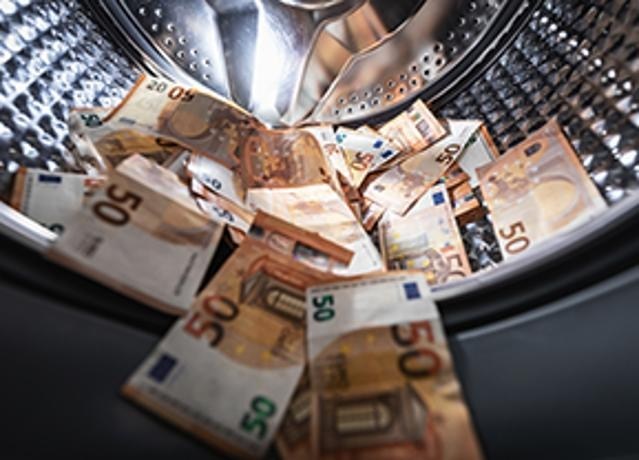Belgian law enforcement joined with the agencies of 15 other countries this week to take down a gang of international money-launderers, Europol reports.
The joint police operation carried out search warrants at some 20 properties in Bulgaria, Latvia, Italy, Spain and the United Kingdom, as a result of information obtained from the arrests of criminals in Portugal, Spain, the United Kingdom and the United States.
The raids led to the arrest of 20 people, thought to be members of the QQAAZZ criminal network suspected of laundering ten of millions of euros in criminal money belonging to the world’s most notorious cyber-criminals.
The investigation was initiated by the Portuguese Judicial Police together with the US Attorney for the Western District of Pennsylvania and the FBI, alongside the Spanish National Police and the regional Catalan police.
They were backed up by law enforcement authorities from Australia, Austria, Belgium, Bulgaria, Czech Republic, Georgia, Germany, Italy, Latvia, Poland, Sweden, Switzerland and the UK. The international operation was coordinated by Europol, based in the Hague.
The network is alleged to have members in Belgium, Bulgaria, Georgia, Latvia and Romania. They have a portfolio of hundreds of fake corporate and personal bank accounts in financial institutions across the world, which they use to receive money stolen by cybercriminals from their victims.
The funds then pass though a cascade of bank accounts and cryptocurrency accounts controlled by QQAAZZ, in a process known as 'tumbling', to make the original source undetectable. The network then takes up to 50% as a commission, and returns the now-spotless money to the cybercrooks.
Edvardas Šileris, Head of Europol’s European Cybercrime Centre, said: “Cybercriminals are constantly exploring new possibilities to abuse technology and financial frameworks to victimise millions of users in a moment from anywhere in the world. Today’s operation shows how, through proper law enforcement and international coordination we can turn the table on these criminals and bring them to justice.”
Alan Hope
The Brussels Times

